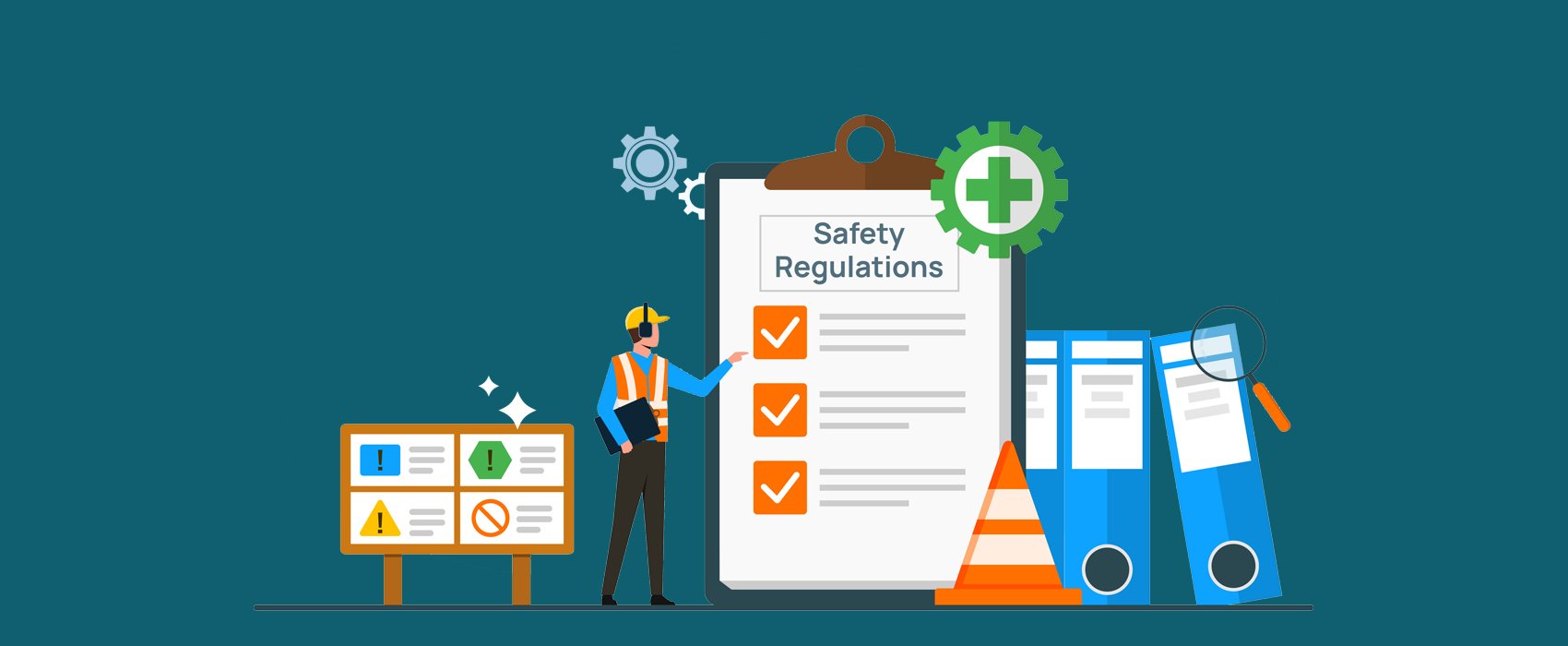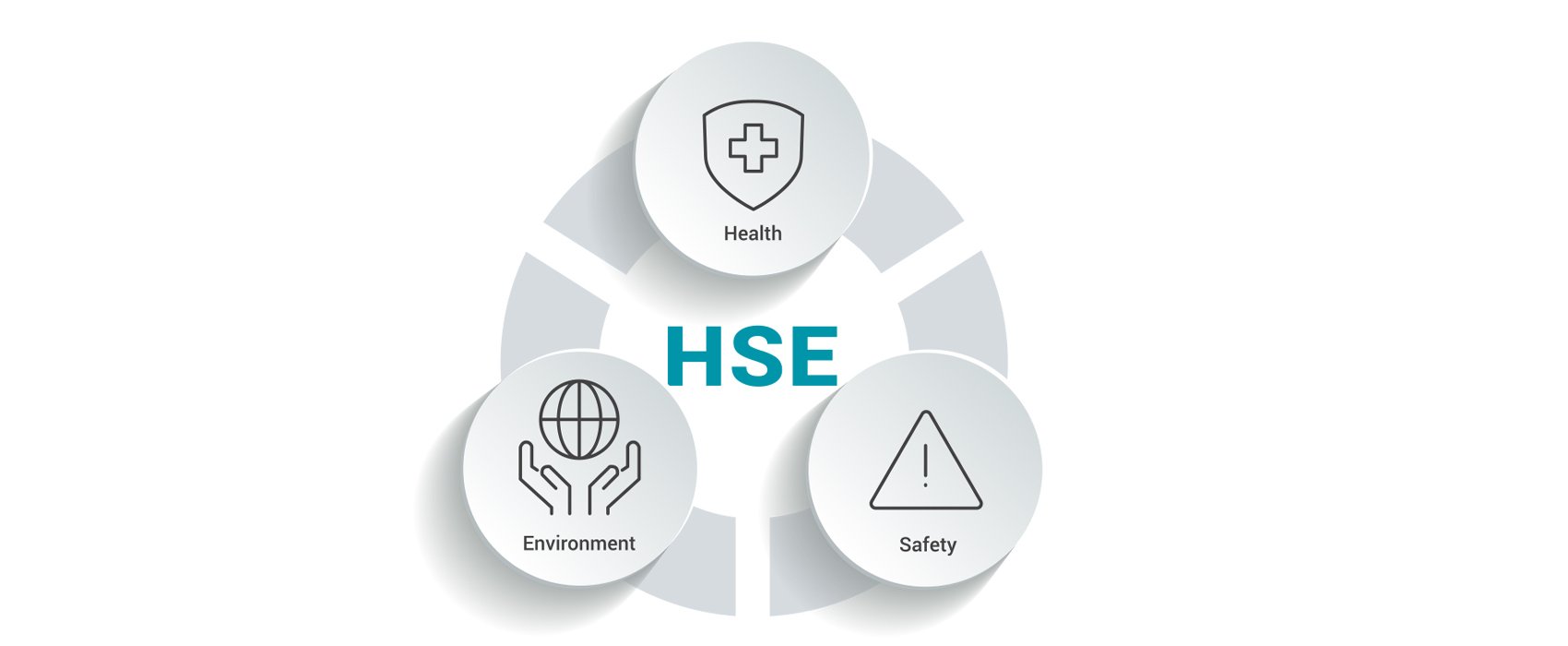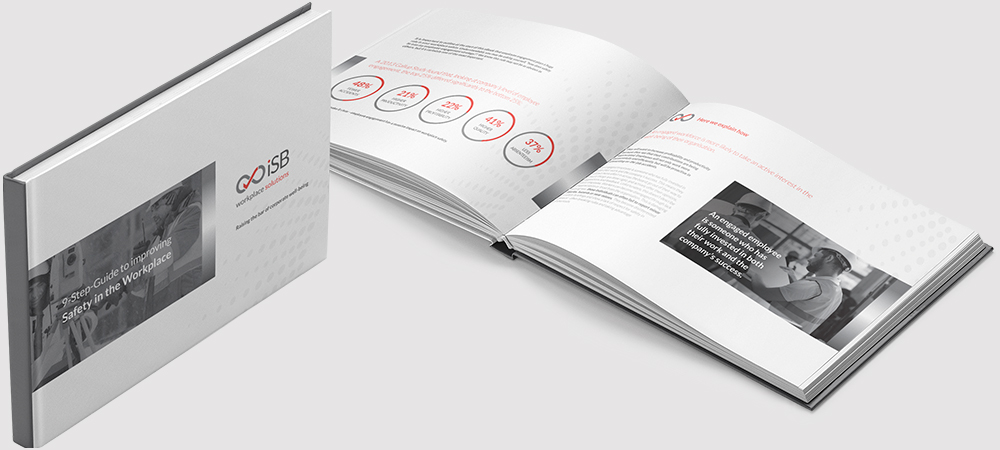
Health and safety management: A safety-first culture
The effectiveness of your business’s management is key to achieving and maintaining compliance with health and safety regulations and standards in the workplace.
By setting the tone for others to follow, the role of management in encouraging compliance starts with setting clear expectations and includes leading by example, providing the necessary investment and resources, and monitoring and enforcing and/or rewarding successes.
Where an organisation has successfully established a safety-first culture, this role is made significantly easier.
Health and safety management: Six top tips for success
Where an organisation complies with health and safety regulations and standards, the risk of its employees, visitors or members of the public being killed or injured in its workplace or as a result of its work activities is massively reduced.
The good news is that health and safety compliance can maintained with the help of six positive actions of management.
Our top tips for success are:
#1 Set clear expectations
Achieving compliance with health and safety standards starts with making it a priority for your organisation – and communicating that priority clearly to your team. Including an explanation of health and safety protocol and the value the organisation places on maintaining and exceeding standards in the onboarding process for new employees will help ensure expectations are clear from the beginning. For existing employees, it is vital to build regular reminders into the working day, week and month. Including safety briefings and updates in regular team meetings, displaying safety information in communal areas, and implementing a safety incentives scheme are all effective ways to keep safety front of mind at all times.
#2 Commit to investing
Price isn’t everything – in fact, a high price can sometimes be misleading when it comes to judging an item’s quality – but a squeezed safety budget is far more likely to negatively impact compliance with health and safety standards than to positively influence it. If you want to maintain a safe workplace, you have to invest financially in doing so. This means buying the best quality workwear, PPE and safety equipment you can – that which is going to enable your employees to do their jobs to the best of their abilities while keeping them safe at all times. Partnering with a trustworthy supplier will help you to do this.
#3 Provide training and resources
Your employees can only follow safety rules and regulations if they understand them and have the resources (e.g. PPE and workplace safety equipment) to enable them to do so. Management should ensure that everyone within the workplace, regardless of role, has access to safety training, as well as relevant safety manuals and equipment to enable them to understand and follow the safety protocols. In this way, your entire team will be most likely to be able to respond effectively to any health and safety needs in your workplace.
#4 Lead by example
If employees see management neglecting to follow safety protocols then they will be less incentivised to do so themselves. Instead, management should actively encourage their teams to follow safety rules by modelling the safe behaviours they want to see. This includes wearing appropriate PPE (e.g. hard hat, safety goggles, hi vis jacket) while on site, and requiring their escorted visitors to do the same.
#5 Monitor and enforce
Achieving and maintaining compliance requires management to constantly and consistently monitor the behaviour and actions of their employees to ensure they are following safety protocols – including wearing the correct PPE – and take any necessary corrective action if required. While wilful non-compliance by employees should be dissuaded by way of a penalty for repeat offenders, care should be taken that the root cause is not something that may be addressed by the actions of management, such as by investing in more suitable workplace equipment or PPE.
#6 Reward and recognise
Rather than punishing employees failing to follow safety procedures and expecting that to be sufficient to achieve compliance, forward-thinking businesses are increasingly implementing safety incentives schemes to recognise and reward those behaviours and actions that they want to see in the workplace. The right rewards can prove a powerful motivator for those who might otherwise be reluctant or ambivalent about complying with the rules, and such schemes positively reinforce the value your business places on safety in its workplace. Discover what works when it comes to safety incentives programmes.
For more advice and guidance on this topic, download our 9-step guide to improving safety in the workplace or give us a call.
You might also like

Mental health in logistics


















